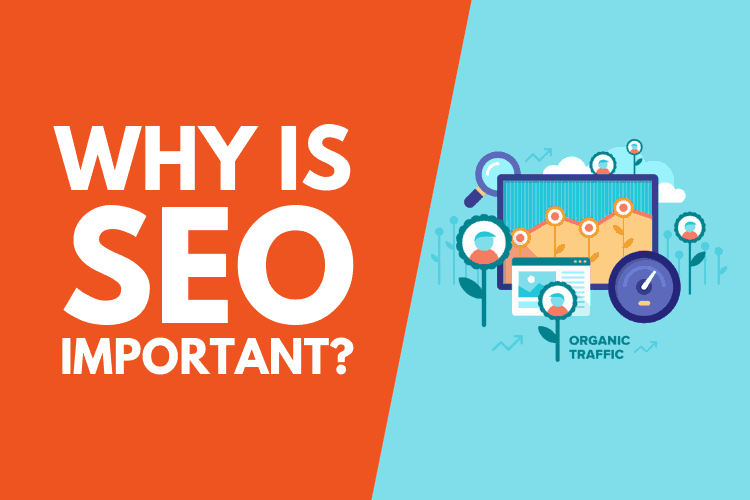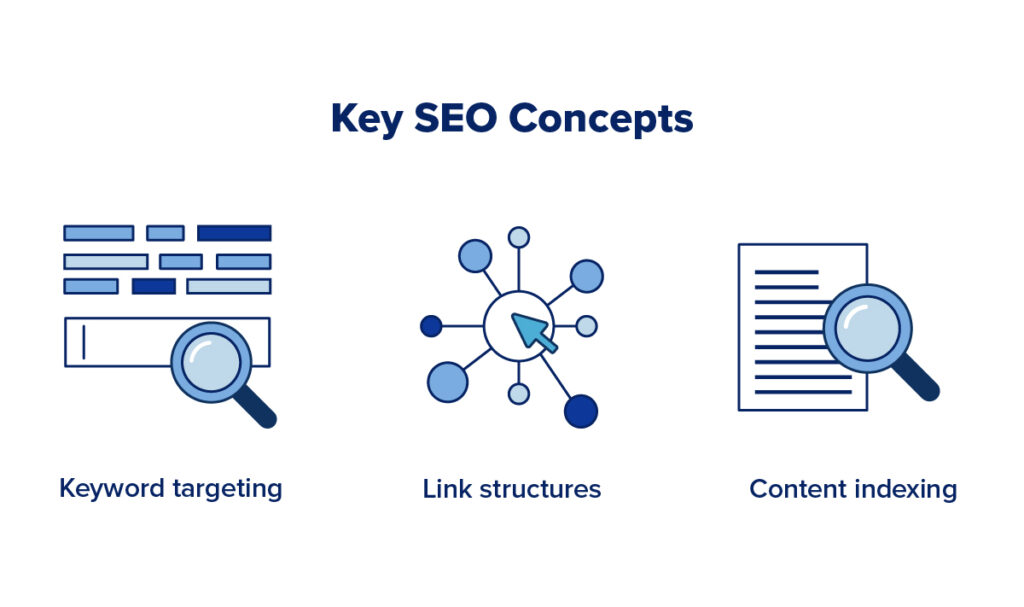In the digital age, having a strong online presence is essential for businesses and individuals alike. Whether you’re a small business owner, a blogger, or just someone looking to make their mark on the web, understanding the basics of SEO (Search Engine Optimization) can be a game-changer. SEO is the key to getting your content in front of the right audience and increasing your online visibility. In this beginner’s guide, we’ll explore the fundamental concepts of SEO to help you get started on the path to success.
What is SEO?
Search Engine Optimization, or SEO, is a set of practices and techniques aimed at improving a website’s visibility on search engine results pages (SERPs). The primary goal of SEO is to increase organic (non-paid) traffic to your website by ensuring that search engines like Google understand and rank your content effectively.
Why is SEO Important?

In a world where millions of websites are vying for attention, SEO is crucial for several reasons:
- Increased Visibility: When your website ranks higher on search engines, it’s more likely to be seen by users. People tend to click on the first few results they see, so ranking well can significantly increase your site’s traffic.
- Credibility and Trust: Websites that appear at the top of search results are often perceived as more trustworthy and credible. High search engine rankings can boost your reputation.
- Cost-Effective: Organic traffic, generated through SEO, is free. While there are costs associated with optimizing your site, it’s a more cost-effective long-term strategy than paid advertising.
- Better User Experience: SEO involves optimizing your website for both search engines and users. This can lead to an improved user experience, making it more likely for visitors to stay on your site and engage with your content.
- Competitive Advantage: If your competitors are investing in SEO and you’re not, you could be missing out on potential customers and revenue.
Key SEO Concepts

To get started with SEO, you’ll need to grasp some fundamental concepts:
1. Keywords
Keywords are the words and phrases users type into search engines when looking for information. Identifying and targeting relevant keywords for your content is crucial. Tools like Google Keyword Planner can help you discover popular keywords in your niche.
2. On-Page SEO
On-page SEO involves optimizing individual web pages to improve their search engine rankings. This includes optimizing your content, using keywords strategically, improving page load times, and ensuring mobile-friendliness.
3. Off-Page SEO
Off-page SEO refers to activities done outside your website to improve its search engine rankings. This includes building high-quality backlinks, social media marketing, and online reputation management.
4. Technical SEO
Technical SEO focuses on the backend of your website, ensuring that search engines can crawl and index your content efficiently. This involves optimizing website speed, using proper HTML tags, and ensuring mobile responsiveness.
5. Content Quality
High-quality, valuable content is the backbone of successful SEO. Content should be engaging, informative, and tailored to your target audience.
6. User Experience
User experience plays a vital role in SEO. Your website should be easy to navigate, have a clean design, and load quickly on all devices. A positive user experience can lead to lower bounce rates and higher search engine rankings.
SEO Best Practices

As a beginner, it’s essential to follow these best practices:
- Research Your Audience: Understand your target audience’s needs, preferences, and pain points to create content that resonates with them.
- Optimize for Mobile: With the increasing use of smartphones, your website must be mobile-friendly for both users and search engines.
- Create High-Quality Content: Focus on creating valuable, informative, and unique content that addresses your audience’s questions and concerns.
- Keyword Usage: Integrate relevant keywords naturally within your content and meta tags.
- Backlink Building: Build high-quality backlinks from reputable websites in your niche.
- Regular Updates: Keep your content fresh and up-to-date, showing search engines that your website is active and reliable.
- Track and Measure: Use tools like Google Analytics to track your progress and make adjustments based on data.
- Patience: SEO is a long-term strategy. It takes time to see significant results, so be patient and persistent.
Conclusion
SEO is a complex and ever-evolving field, but understanding its basics is a great first step toward improving your online presence. By optimizing your website for search engines, you can connect with your target audience and achieve your online goals. Remember, SEO is not a one-time task but an ongoing process, so stay committed to learning and adapting to the changing digital landscape.
